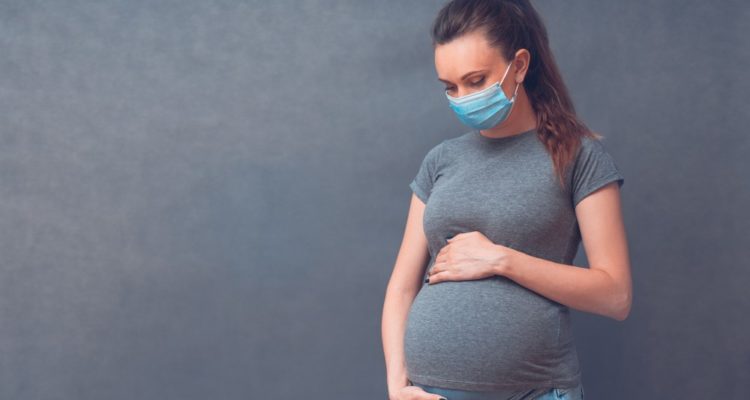Current rules prohibit non-Israelis from entering the Jewish State without the government’s permission.
By Donna Rachel Edmunds, World Israel News
Rules barring non-Israeli citizens from visiting the Jewish state without the express permission of the government were relaxed Tuesday morning, with the new regulations coming into effect on Wednesday.
Under the new rules, foreign nationals who have recovered or been vaccinated against COVID and who have a first degree relative living in Israel will now be able to visit with their spouse or partner and their children.
The change came after dozens of pregnant women called upon Interior Minister Ayelet Shaked to allow their parents to join them in Israel for the births of their children.
The mothers-to-be complained that numerous Miss Universe contestants were granted permission to enter Israel next week to take part in the beauty pageant while expectant grandparents were barred from joining their daughters to support them in their pregnancy.
Yad L’Olim, an organization that offers assistance to new immigrants and their families, said that some 50 women contacted the organization for help with getting permission for relatives to visit.
The organization compiled a video of women petitioning Shaked to allow their parents to join them.
They include Ayala Laub, 28, who came to Israel from America nine years ago and now lives in Efrat. Laub is due to give birth within the next fortnight, but her parents and family live in New Jersey, while her husband’s parents are still in New York.
“Women are panicking, they’re getting anxiety because they don’t know what they’re going to get in terms of support for physical needs, emotional support, and to manage with the other children,” Laub explained in the video.
Highlighting that the Interior Ministry has granted permission to relatives to visit for a bar or bat mitzvah, Laub asked: “How can it be safe for the uncle of a bar or bat mitzvah boy or girl to come into the country, which I support, but not the parents of an expectant woman?”
“I’m an anxious mess,” Laub said, noting that during a recent check-up she was found to have high blood pressure. “The concept that my parents won’t be here to help, the thought of coming home and being alone with four children, terrifies me.”
She added: “I feel rejected from a country that supposedly wants me to live here and wants women to have children, but is now telling me my physical and emotional needs aren’t important. Israel encourages immigration – if you do that, you need to act like you care about the immigrants.”
“I want to thank Minister Ayelet Shaked, who just contacted me to tell me that she will include parents to enter Israel for births of grandchildren,” former MK Dov Lipman, founder and director of Government Relations for Yad l’Olim, announced Monday on social media.
“We raised our voices and she heard us…please note that this will apply to parents who are vaccinated within the last 180 days (booster or second dose) or recovered in the EU/ UK with digital recovery certificate,” he added.
The Population and Immigration Authority (PIBA), which oversees entry into Israel, dismissed the comparison to the Miss Universe competition as “inappropriate,” arguing that the competition has oversight and that the restrictions were designed to “save lives.”
“In accordance with the government resolution, it was decided that in the coming two-week period foreign nationals will not be allowed into Israel, in order to cope with the fight against the coronavirus pandemic,” PIBA had said in a statement before the new rules were announced.
“Entry policies into Israel are examined every week and this issue will also be examined. We clarify that the goal is to save lives, and there is no doubt that the entry of many parents into Israel and their being physically close to other people is likely to endanger life. Nevertheless, the minister has given instructions to examine the requests in conjunction with the Health Ministry.”





